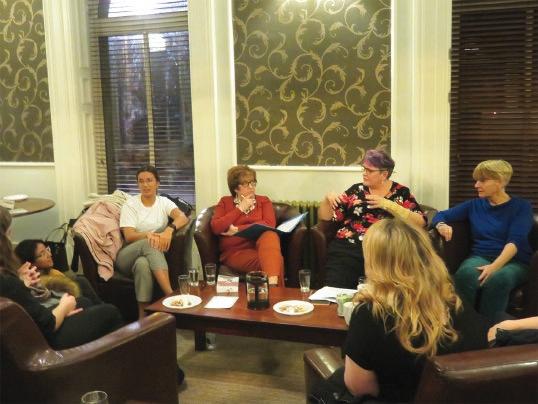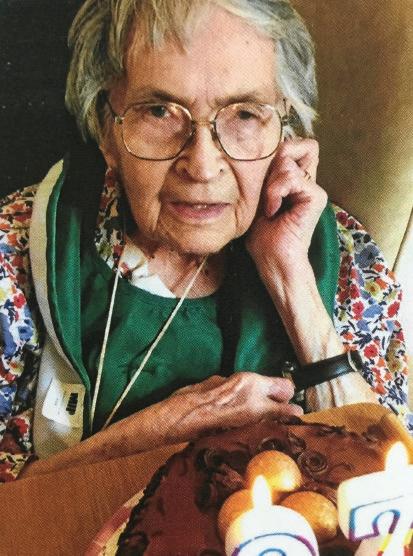
3 minute read
MWF Autumn Conference 2019
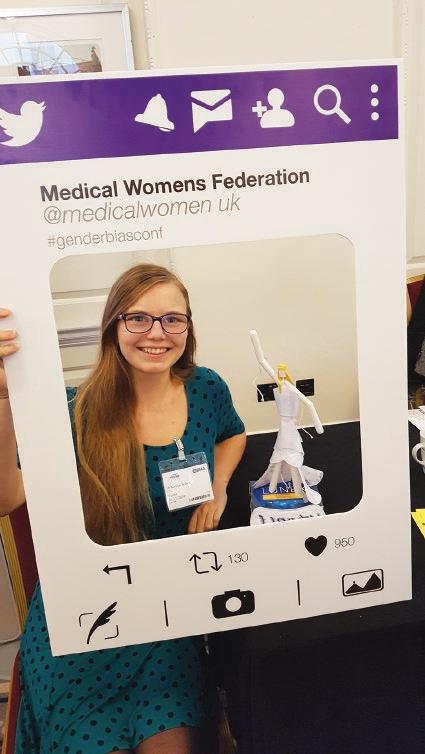
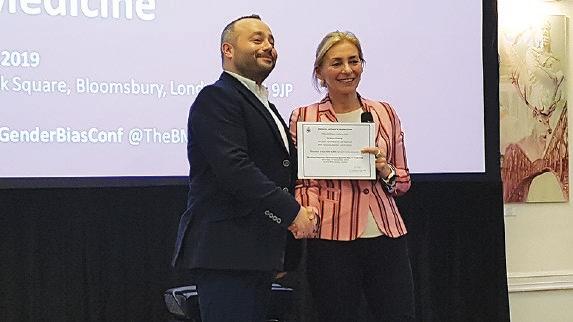
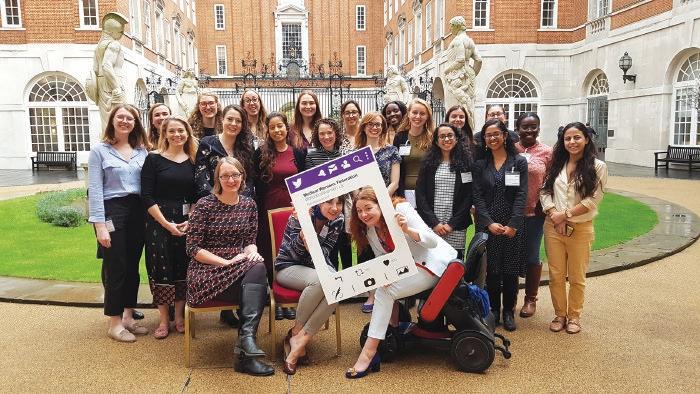
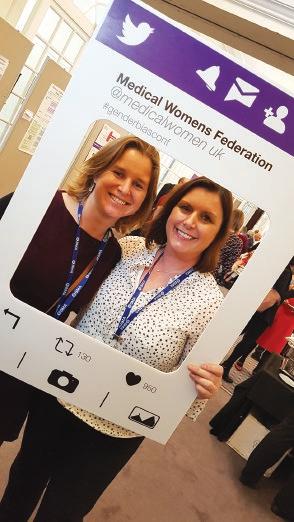
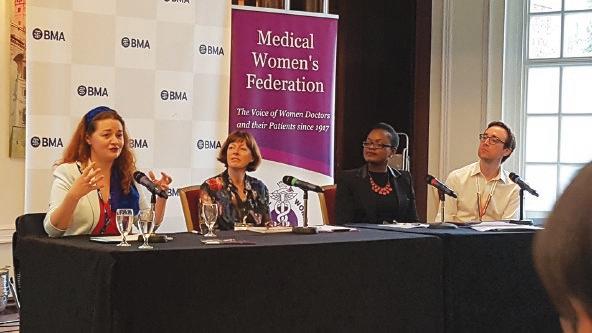
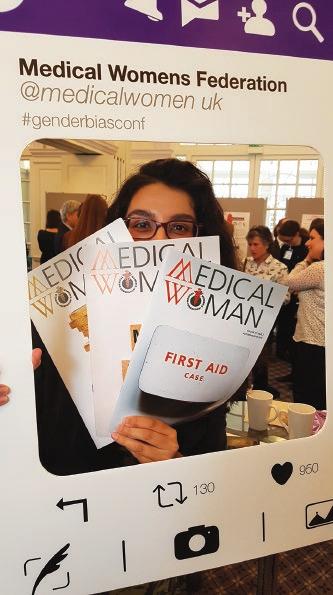
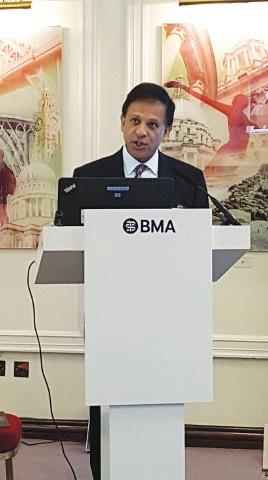
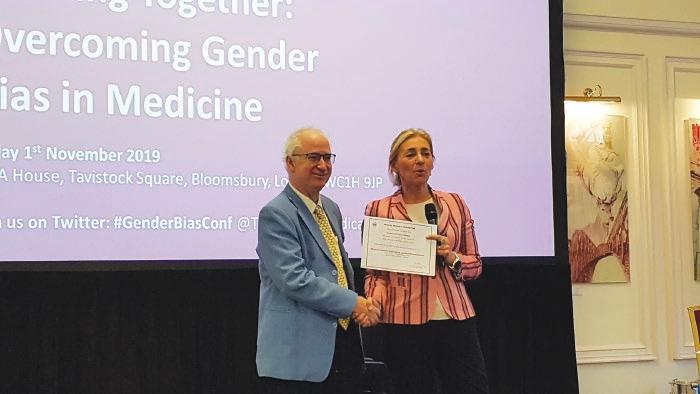
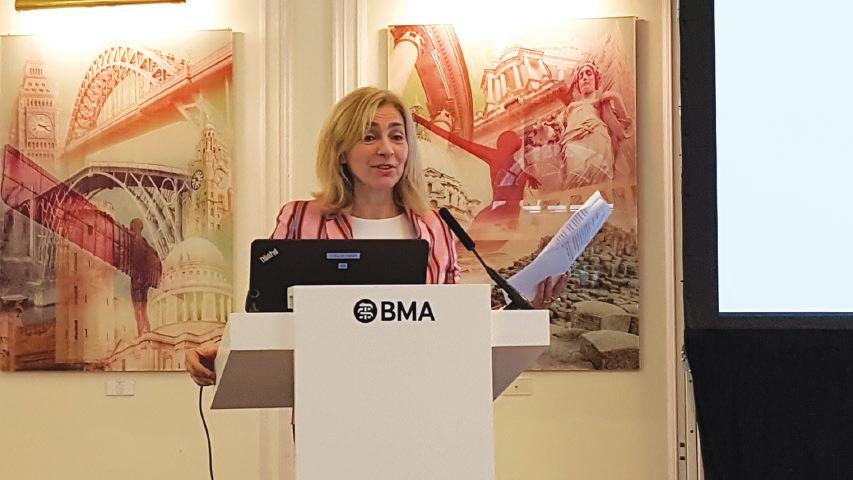
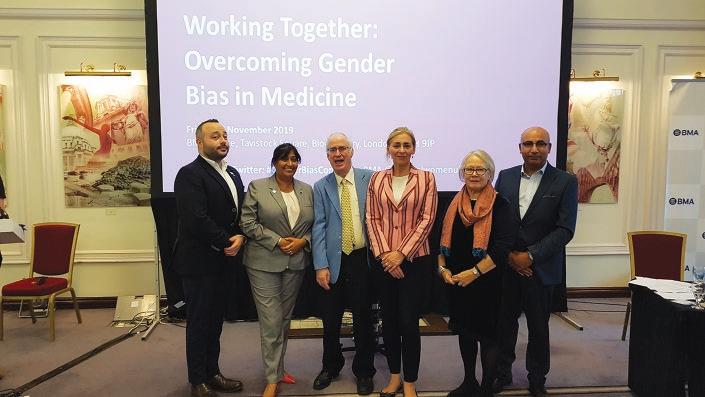
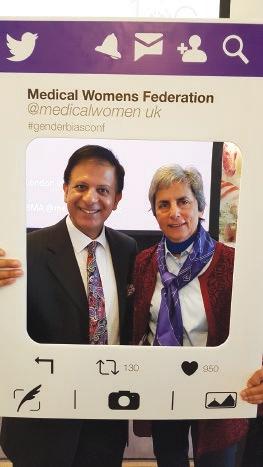
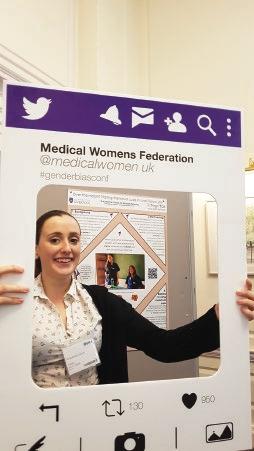
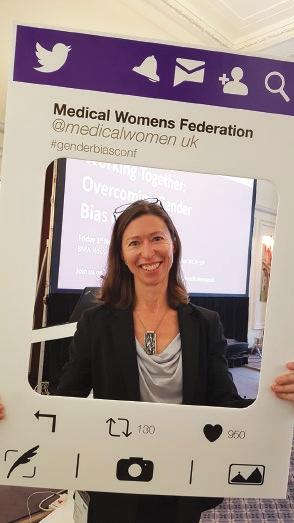
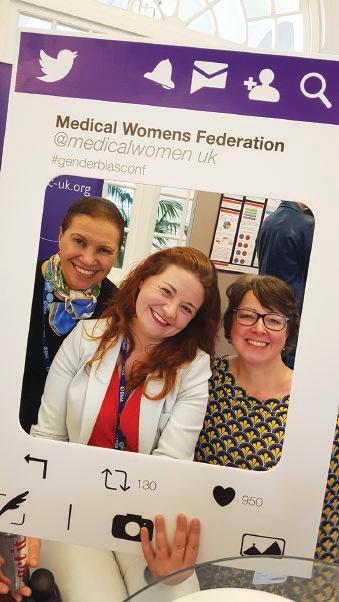
BMA House, 1st November 2019 Anna Ryan
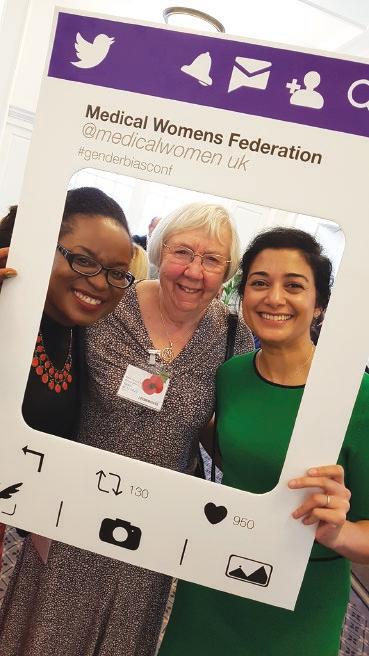
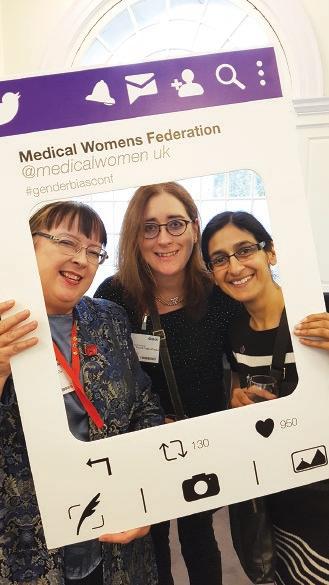
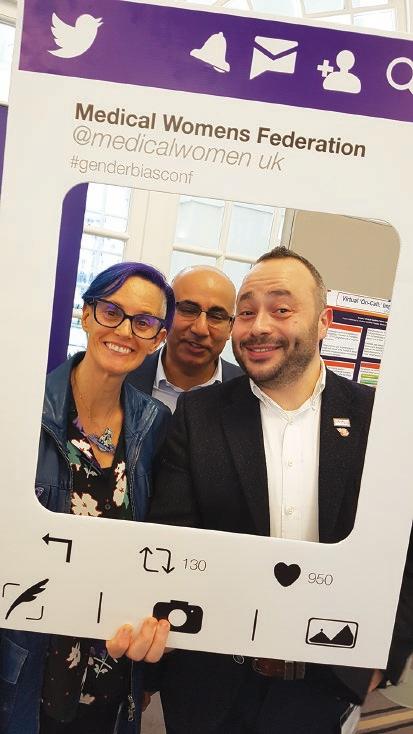
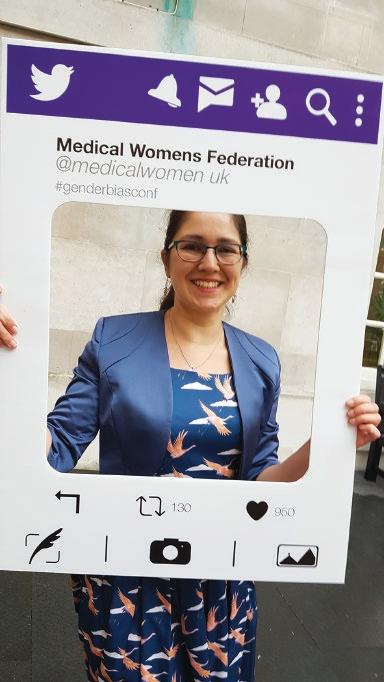
The joint meeting between MWF and the British Medical Association (BMA) focusing on tackling gender bias in medicine was a sell-out. A packed room greeted MWF President Henrietta BowdenJones and Chair of the BMA Council Dr Chaand Nagpaul as they presented the collaboration between the two organisations and outlined their priorities for the coming years. Revelations from the Romney report regarding sexism in the BMA were in the press at the time of the meeting and Dr Nagpaul pledged to learn from MWF and take ‘any action necessary’ to end misogyny and sexism within the organisation. BMA Representative Body Chair Dr Helena McKeown seconded this commitment as she led a stimulating panel discussion focusing on the issues facing women doctors today. Other highlights were an inspirational keynote speech by Megan Reitz, Professor of Leadership at Ashridge Executive Education, TEDx speaker and author of ‘Speak up: say what needs to be said and hear what needs to be heard’; Dr Indra Joshi speaking on gender bias in artificial intelligence and the need for diversity and inclusivity in health tech – a subject which will surely evolve and grow over the coming years; and Prerana Issar, Chief People Officer for the NHS who has previously worked at the United Nations and brought an international perspective to the call for diversity and inclusion at all levels and in all jobs. MWF Vice President Professor Chloe Orkin chaired a vivid and varied abstract session, including sharing her own experience of ‘trolling’ on social media following an appearance on television discussing new HIV treatments. The sexist bullying afforded women doctors in the public eye is a deterrent to achieving leadership positions and must be challenged or ‘called out’ wherever it is detected. MWF also welcomed the first honorary male members for the first time in the organisation’s one-hundred-year history. The role of male allies is crucial to tackling gender bias at the highest levels and it is anticipated that taking this step will help raise awareness amongst our male colleagues of the challenges faced by women. The selected honorary members were: Prof Peter Brocklehurst, Prof Dian Donnai, Dr Simon Fleming, Mr Tim Mitchell, Dr Rak Nandwani and Prof Sir Simon Wessley. Each has shown substantial personal commitment to advancing the careers of women in medicine. Not all of the action took place on the stage. This conference heralded the formation of the new MWF External Relations Committee, formed of a group of medical students and junior doctors passionate about spreading the messages of MWF and reaching a wider audience. A bustle of social media activity ensued and #GenderBiasConf trended on twitter. Finally, it was heartening to see a large and diverse group of junior members and medical students meeting at lunchtime to talk about how they could contribute to the campaigns of MWF and what they could achieve by working together. We look forward as an organisation to a new and exciting era for MWF as we extend our network, embrace the younger generations of doctors and bring together women throughout the country. There are changes that need to be made, and we are the ones to make them.





